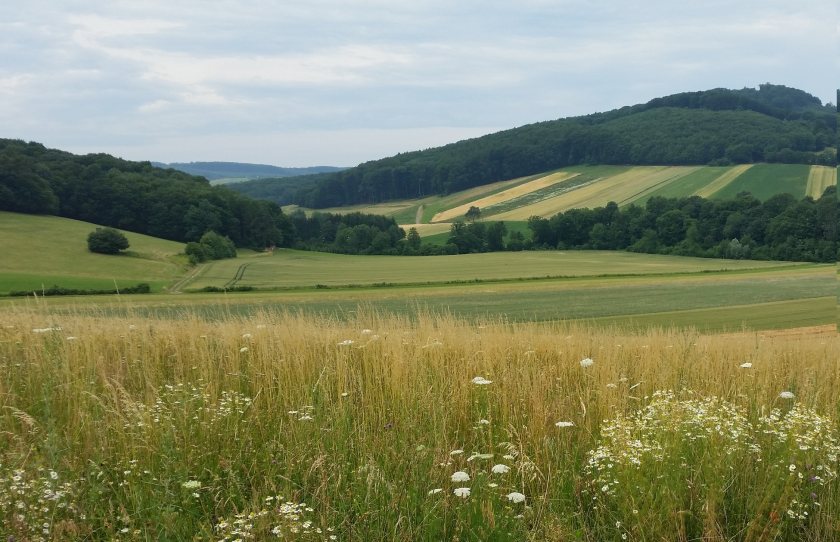
A five-year project in which farmers will work together to enhance biodiversity has been launched in nine European countries.
The EU FRAMEwork project will see farmers work together, alongside scientists and engineers, to find solutions to problems of managing biodiversity.
They will also work with the public, retailers, processors and government to ensure that nature-friendly farming is valued, and fair incentives are offered to drive adoption.
Using the farmer cluster model, as seen in the UK, the project aims to develop approaches that will embed the benefits of managing the land for biodiversity into farming practices and policy, while limiting the economic risk to farmers.
This prototype project will be based around Advanced Farmer Clusters, which will see local farmers work collectively on landscape scale management, supported by a Cluster Facilitator with expertise in agriculture and the environment.
The project will also focus on monitoring, allowing participating farmers and scientists to understand what works, adjust what does not and achieve greater successes in the long run.
Professor John Holland of the Game & Wildlife Conservation Trust (GWCT) is leading the development of an Advanced Farmer Cluster Network, which is at the heart of the project.
"Groups of farmers will work together to build management plans across a local area with shared environmental aims, such as conserving certain species, improving local water quality," he added.
The project will be evaluating 11 new farmer clusters over five years. These will be different at each site, adjusted to the needs of the area and the aims of the groups.
"Support is available from scientists and advisors, with financial backing coming through government Agri-Environment Schemes and other funds,” Prof Holland said.
It is hoped that the project will improve understanding of the relationship between biodiversity and agriculture across the countries, and inform the design of new incentives for farmland biodiversity gains.
